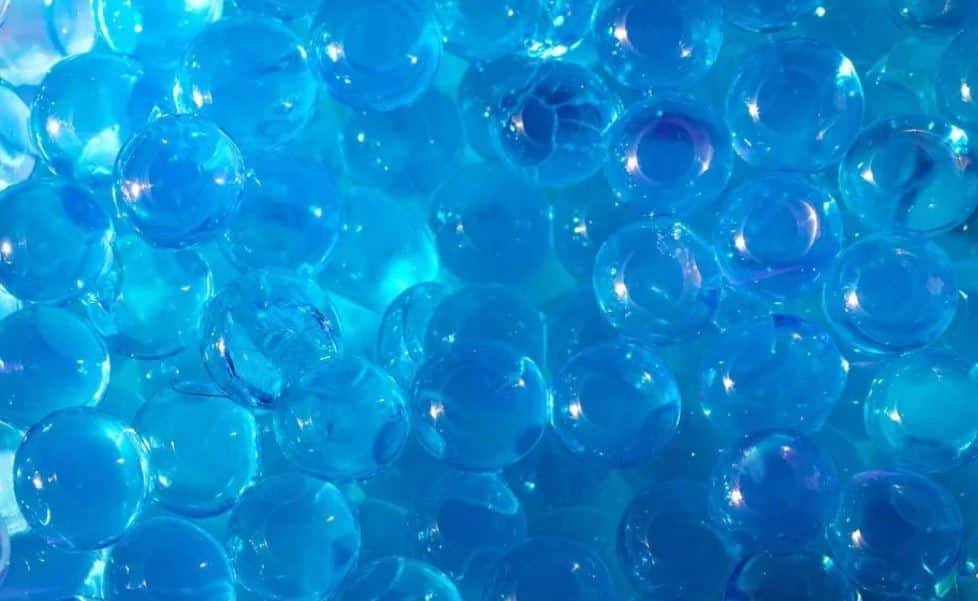Health
The Use Of Hydrogels In Regenerative Medicine

Synthetic hydrogels are becoming increasingly used for research to get reliable and reproducible results in the field of regenerative medicine.
Peptide hydrogels support the biological activities of cells by providing a synthetically accessible platform on which it is possible to grow and regenerate organs and tissues crucial for many surgical procedures and clinical applications.
[lwptoc]
Why tissue engineering matters
Tissue engineering is a highly valued medical breakthrough providing replacement organs and tissues for surgical procedures, faster healing and medical discoveries that make it possible to target medical procedures and drug treatments to maximum effect.
Three vital components are required to effectively regenerate tissue: the cell, a scaffold, and signalling molecules such as growth factors and cytokines. Synthetic hydrogels bring a more easily produced, ready to use, transparent and adjustable cell scaffold that offers more tailored platforms for cells to survive and thrive.
The benefits of synthetic hydrogels over naturally produced hydrogels
Naturally produced hydrogels do not offer the same ease of access, accurate and reproducible results compared to cost-effective, highly scalable and mechanistic platforms of synthetic hydrogels such as the peptide hydrogels available from leading hydrogels research and development company Manchester Biogel.
How regenerative medicine is using synthetic peptide hydrogels
Gastro-intestinal organoid growth – Kidney organoids and other body organoids have been grown using peptide hydrogels. Peptide hydrogel scaffolds provide a disease-free ECM that can support liver and gastro organoids and fully formed organs for up to 27 days.
Scalable and more readily reproducible results have significantly enhanced toxicology and pharmacological pre-clinical studies using peptide hydrogels. Previously pre-clinical organoid formation has only been possible by using tumorigenic sources for the ECM, which considerably reduced the translational data and scalability of testing and requires diseased human or animal tissue to progress.
Oesophageal stricture – Cancer of the oesophagus is one of the most prevalent cancers and can be caused by advancing untreated Barrett’s oesophagus. Medical research has shown the use of peptide hydrogels to be successful to co-culture mouse oesophageal epithelial cells and rat stromal fibroblasts of the oesophagus. Peptide hydrogels support the formation of a functional epithelial sheet to provide a mucoadhesive treatment for Barrett’s oesophagus and make treatment more readily available than previous risky precancerous cell removal procedures. It offers a far less medically invasive procedure as it can be applied topically to the affected area through an endoscope.
Nerve regeneration – Research and increasing peptide hydrogels as a scaffold for nerve regeneration is promising. Nerve cell regeneration and bioengineered nerve grafts enable synthetic scaffold peptide hydrogels to remove the need for harvesting healthy patient tissue or cells to treat nerve cell damage. Harvesting living cells from patients can cause morbidity risks for the donor site, which synthetically supports nerve regeneration and cell growth.
Synthetic peptide hydrogels support chemical differentiation and cultures to meet the need for a Schwann cell-like phenotype, a crucial cell involved in nerve regeneration.
Cost-effective, easy to use and readily reproducible
Synthetic peptide hydrogel formulations can be adapted for stiffness. They are modular and printable, injectable and sprayable. They are animal and disease-free and fully biocompatible, and chemically defined for accurate data translation and reproducible, scalable results.
The use of peptide hydrogels in all areas of medical, surgical and drug discovery is helping to support the growing demand for animal-free solutions, thus promoting and supporting the ethical methods to continue the strides we are making in regenerative medicine. The UK government is committed to reducing the use of animals in research, so fully supporting the ongoing and increased use of peptide hydrogels as a scaffold for tissue growth and organ regeneration is welcome.
Synthetic hydrogels are supplied ready to use, require no special storage and bring consistent results critical for research and use within regenerative medicine and tissue and organ growth.
Check 0ut: Did You Know What’s Fat Freezing? Don’t Forget to Read Point 9!
-

 Entertainment1 month ago
Entertainment1 month ago123Movies Alternatives: 13 Best Streaming Sites in 2026
-

 Entertainment2 months ago
Entertainment2 months ago13 Free FMovies Alternatives to Watch Movies Online in 2026
-

 Entertainment1 month ago
Entertainment1 month ago13 Flixtor Alternatives to Stream Free Movies [2026]
-

 Entertainment1 month ago
Entertainment1 month agoGoMovies is Down? Here are the 11 Best Alternatives






